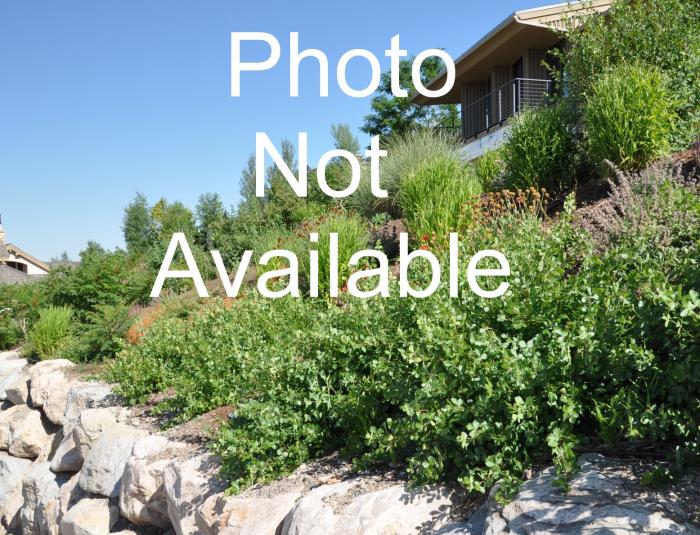| Botanical Name: Fraxinus anomala | |
| Common Name: Singleleaf Ash |

-
Anatomy
-
Culture
-
Design
Plant Type
Tree, Shrub
Height Range
6-12'
Flower Color
n/a
Flower Season
n/a
Leaf Color
Green
Bark Color
Grey
Fruit Color
Brown
Fruit Season
Summer, Fall
Sun
Full
Water
Low
Growth Rate
Moderate
Soil Type
Clay, Loam, Rocky
Soil Condition
Average, Poor, Well-drained, Dry
Soil pH
Neutral, Basic
Adverse Factors
n/a
Design Styles
Meadow, Mediterranean, Ranch, Spanish, Native Garden
Accenting Features
Multi-trunk Tree
Seasonal Interest
Summer, Fall
Location Uses
Background, Shrub Border, Foundation
Special Uses
Hedge, Screen, Small Spaces
Attracts Wildlife
Birds
Information by: Stephanie Duer
Photographer:
Photographer:
-
Description
-
Notes
A Utah native. Singleleaf Ash can be grown as a large shrub or small multi-stemmed tree. The only ash without compund leaves. Attractive, glossy green foliage turns a glowing yellow in autumn. Bark is ashy grey. Flowers are inconspicuous, but are followed by the wing-like seeds common to ash. Use as a foundation shrub, small patio tree, screen or hedge. Seeds will provide forage for birds; deer may browse tree.
WARNING: Emerald Ash Bore have been identified in Colorado; this is a highly destructive invasive pest and has caused significant damage to ash trees throughout the eastern United States. Go to utahpests.usu.edu for more information.
Prefers well-drained, rocky soils. Will grow in clay-loam. Water regularly during establishment, but once established it has a high drought tolerance. Will manage with no supplemental irrigation, but will grow more dependably with some high summer irrigation.